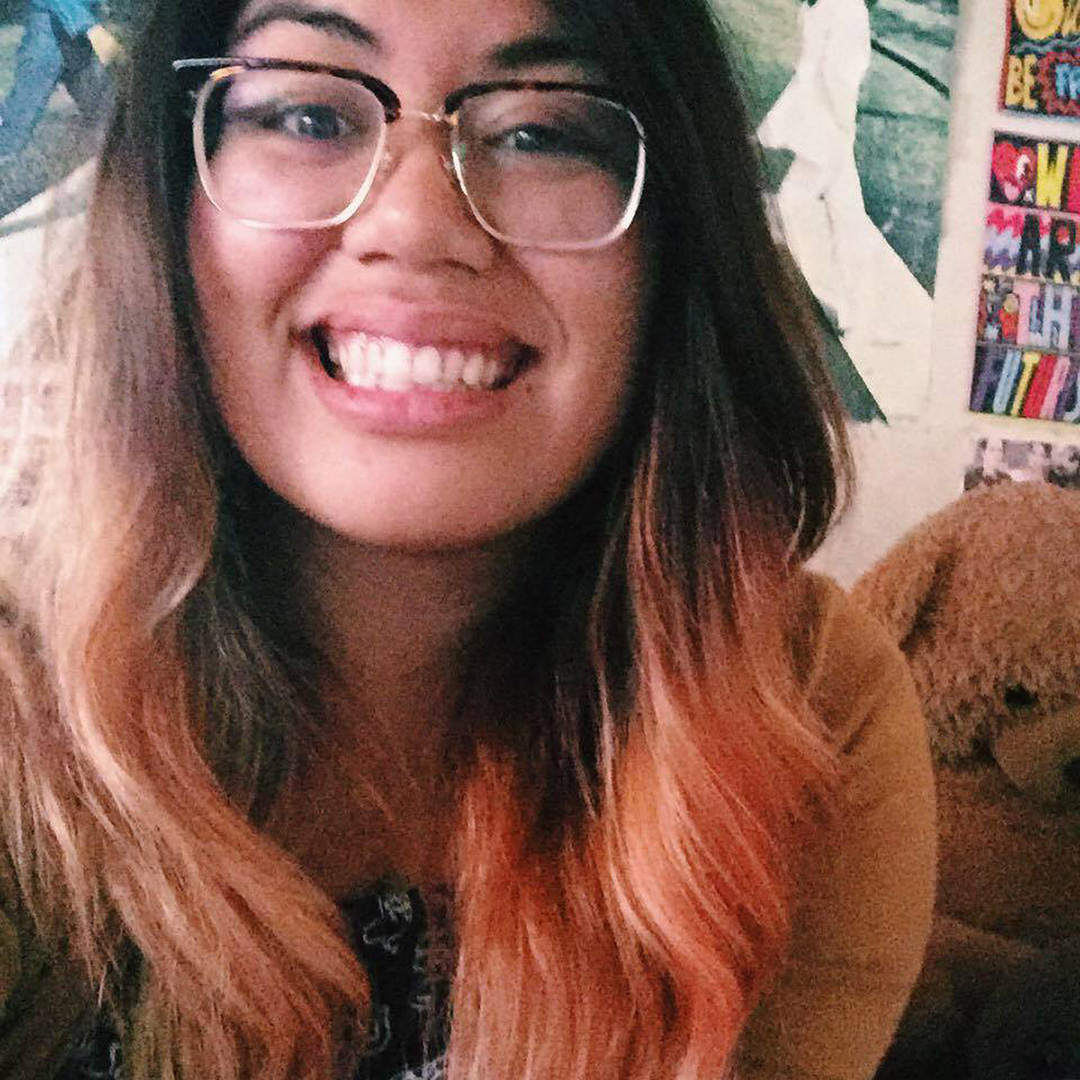There’s something powerful about seeing ones lived-in narrative told through cinema. For many, it can be both enlightening and validating to see those experiences explored through a lens of pure curiosity that deflects any form of ignorance. It’s an intimate moment that binds films with movie goers.
For Cassie Rubio,23, it was in these intimate moments when she discovered her love of film.
“I was defintly a film hoe when I was younger growing up, I would watch any type of movie I could get my hands on,” Rubio said.
However, it was difficult and somewhat nonexistent to find films that depicted narratives identical to Rubio’s. Until, she discovered the queer networks on her television.
“It was through watching things that resonated with me that I saw that there was something missing…I never connected to something in this type of way when watching something,”Rubio said.
Unfortunately, this small exposure to a community that resonated with Rubio would soon be stripped away once her older brother disclosed his sexual orientation to their parents. According to Rubio, her parents thought that having access to these channels led to corruption and feared their children were being tainted by non-familiar identities.
However, Rubio still managed to seek out those familiar narratives and in the process she discovered that film was much more than an interest.
In a theater filled with strangers, Rubio saw the Barry Jenkins film, “Moonlight”.
“It’s such a quiet movie so much of it is about the subtext and what the characters don’t say or can’t say and I just thought it was so beautiful and it gave me chills. It made me sick. I cried. I healed,” Rubio said.
As the ending credits began to run through, Rubio came to the conclusion that she wanted to make films.
“To feel all of those emotions in a movie theater together with strangers and to know they’re also feeling those feelings, I thought oh, I wanna do this. I wanna make other people feel like that,” said Rubio.
Rubio went home that night and began to map out future projects and eventually screenplays of films that would impact and create conversations among individuals, such as “Moonlight” did.
With the help of a grassroots organization ” Justice for my Sister,” Rubio was was exposed to other queer Latinx creatives who she could share her personal stories of triumph and trauma with.
“The space they created was amazing and to this day, joining JFMS has been the single most life changing thing I have done. It gave me the room to explore my passion, I found mentors who were queer women of color professionals in the industry, and most important, it gave me the self confidence to actually create films and believe I was talented,” Rubio said.
One of the stories told would be translated in the form of her short film “Tienes Hambre?,” a film that follows a young Chicana as she recalls the love she found for her grandmother in her kitchen, despite language barriers.
Without her knowing, the creator of Justice for my Sister, Kimberly Bautista, submitted the film to the Imagen Foundation, a national nonprofit dedicated to increasing Latinx representation in the entertainment & communications industries.
Rubio’s film made top 3 in the foundations national award ceremony under the student film category. When she was informed of the news by Bautista, the queer latinx individual was stunned and ultimately petrified.
“Where most people would be happy and really excited… I was petrified and I cried from hearing the news and that’s because I think through that process, I realized how badly I had imposter syndrome,”said Rubio.
For Rubio, imposter syndrome is an ongoing battle that she struggles to rid-of in her creative state of mind. The feeling of being undeserving from ones success was common for her. Those feelings of being undeserving came to a halt when she won the National Imagen Award for Best Student Film.
“It was an honor and I got to be formally recognized alongside other idols of mine that night like Adelina Anthony, Justina Machado, and Gina Torres. Winning that award has also helped connect me to job leads, writing program invitations, and production opportunities. I wouldn’t be pursuing a career in film if it weren’t for the incredible support, resources, and guidance from JFMS,” Rubio said.
Rubio continues to share the narratives of her queer POC brothers and sisters. For her, it’s more than just simply sharing and creating stories. It’s about connecting with individuals who don’t necessarily see themselves in mainstream films. It’s about uplifting and validating those who may feel suppressed or neglected by the toxicities of our heteronormative world.
Jesús Canan, a Chorti Maya farmer, left Copán Ruinas with the #CaravanaMigrante after his corn and bean crops failed for the second-straight year. He says weather patterns have changed in western Honduras, likely due to climate change. pic.twitter.com/g5X7YJn1Yf
— David Agren (@el_reportero) October 23, 2018



